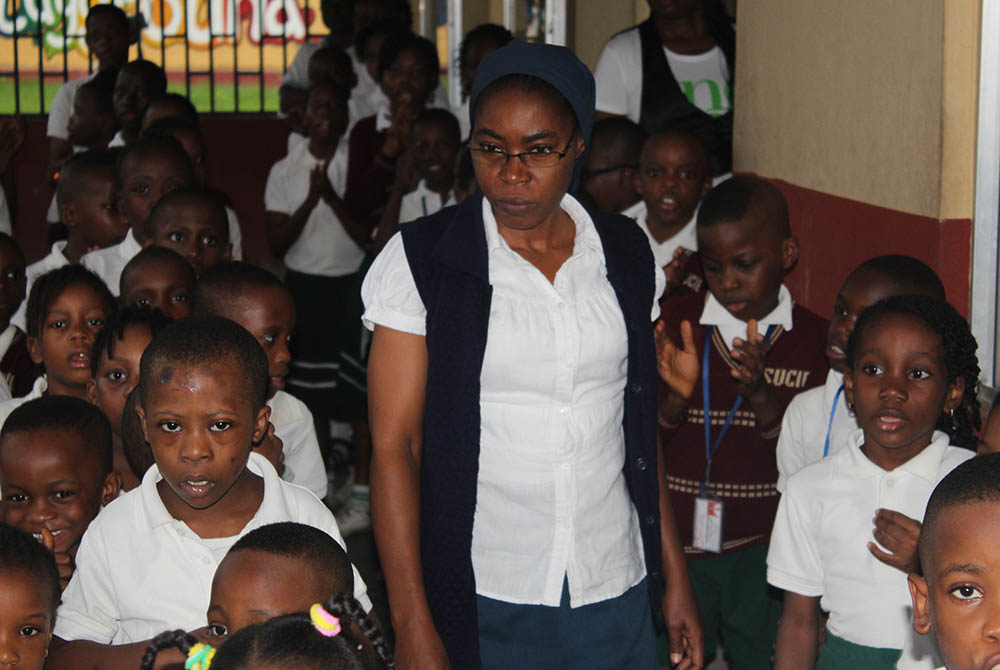- Empty cart.
- Continue Shopping
How to Recognize and Address Learning Disabilities in Nigerian Children

Learning disabilities can affect children from all walks of life, regardless of their cultural or geographical background. In Nigeria, where educational resources may sometimes be limited, recognizing and addressing learning disabilities can be particularly challenging.
Common Types of Learning Disabilities
Dyslexia
This is a reading disorder that affects a child’s ability to understand written words.
Dyscalculia
This disability affects a child’s ability to understand numbers and mathematical concepts.
Attention Deficit Hyperactivity Disorder (ADHD)
While not strictly a learning disability, ADHD can significantly impact learning and attention.
Dysgraphia
This affects a child’s handwriting and spatial orientation on paper.
Auditory and Visual Processing Disorders
These affect how sound and visual information are processed and understood.
Early Signs and Symptoms
Academic Struggles
Consistent difficulty in reading, writing, or math that is not age-appropriate.
Behavioral Issues
Frustration, withdrawal from learning activities, or disruptive behavior in class.
Delayed Milestones
Late talking, difficulty with fine motor skills, or problems with memory.
Inconsistency
The child may excel in one area but struggle significantly in another.
Diagnosis and Assessment
Professional Evaluation
Consult a psychologist or educational specialist for a comprehensive assessment.
Teacher Observations
Teachers can provide valuable insights into a child’s performance and behavior in a classroom setting.
Parental Input
Parents know their children best and can provide information on developmental milestones and behavior at home.
Intervention Strategies
Individualized Education Plan (IEP)
An IEP outlines specific goals and accommodations for the child.
Specialized Instruction
One-on-one tutoring or small group instruction can be beneficial.
Assistive Technology
Tools like speech-to-text software or calculators can aid in learning.
Behavioral Therapy
Counseling or behavioral interventions can help manage associated behavioral issues.
Support Systems
Parental Involvement
Active participation from parents in educational planning and activities is crucial.
Teacher Training
Teachers should be trained to recognize and address learning disabilities.
Peer Support
Creating an inclusive classroom environment can help children with learning disabilities feel supported.
Challenges and Considerations in Nigeria
Limited Resources
There may be limited access to specialized educational services.
Cultural Stigma
Learning disabilities are sometimes misunderstood, leading to social stigma.
Financial Constraints
Specialized educational support can be costly and out of reach for many families.
Finally, recognizing and addressing learning disabilities in Nigerian children requires a multi-faceted approach involving parents, educators, and healthcare providers. While challenges exist, especially in resource-limited settings, early identification and intervention are key to helping children reach their full potential.
By being proactive and informed, we can create a more inclusive and supportive educational environment for all children, regardless of their learning abilities. Remember, a learning disability is not an insurmountable barrier; it’s a challenge that, with the right support, can be effectively managed.








